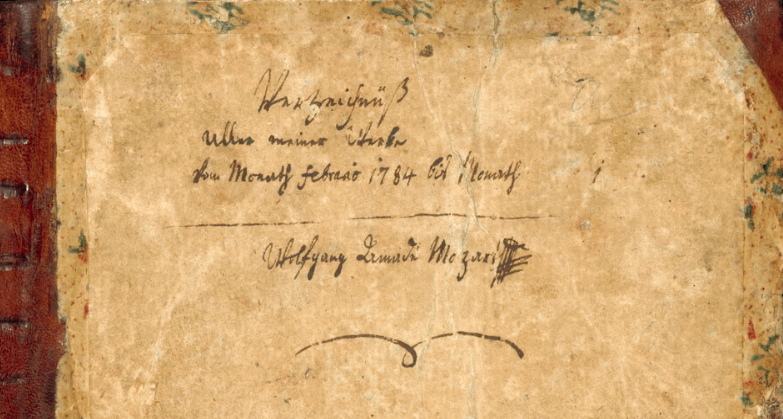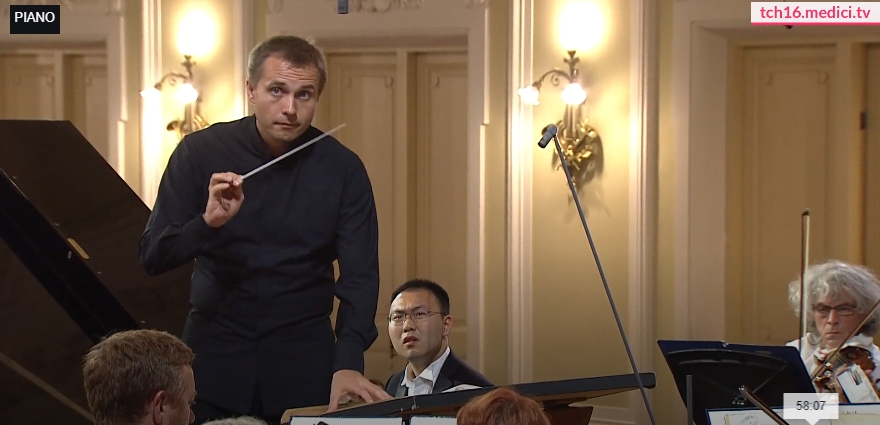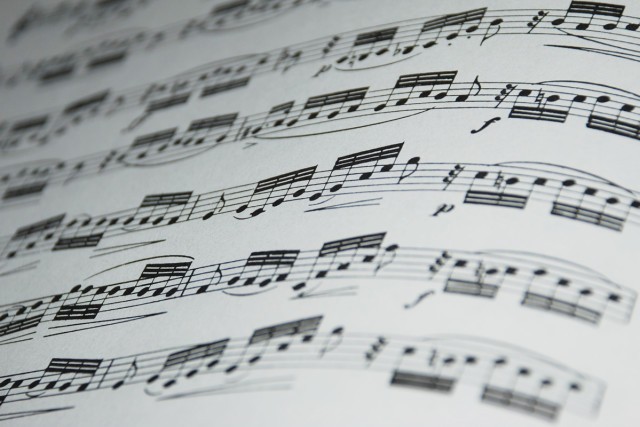RCM graduate Alec Coles-Aldridge argues that starting early may be your best bet
In 2013, the Beijing Normal University released the results of a study which concluded that individuals who started learning the piano before the age of seven benefited from advanced cognitive skills later in life. The benefits remained even for those who stopped practising in their teenage years.
On the contrary, Linda Lorenzo - Director for Learning and Engagement with the Sydney Symphony Orchestra - is a believer that there is no real ideal age. Instead, she advises that the physical nature and interests of the child should be considered. A child who is physically strong might suit a brass instrument. A child with large hands might suit the piano. A child who enjoys the sound of the double bass should begin on the cello before progressing to the double bass when their physique can cope with such a large instrument.
On the other hand, the Peterson Family Foundation provides a comprehensive list for which instruments suit specific age ranges. The piano is deemed an instrument suitable for the earliest of children; age three-four is considered a good time to begin these lessons. With such diverse and contradicting answers from studies, teachers and education experts, what really is the best age for learning the piano? Does age even matter?
There are two important topics need to be considered...











